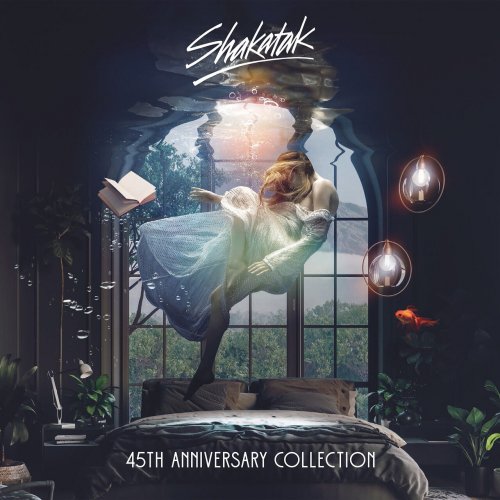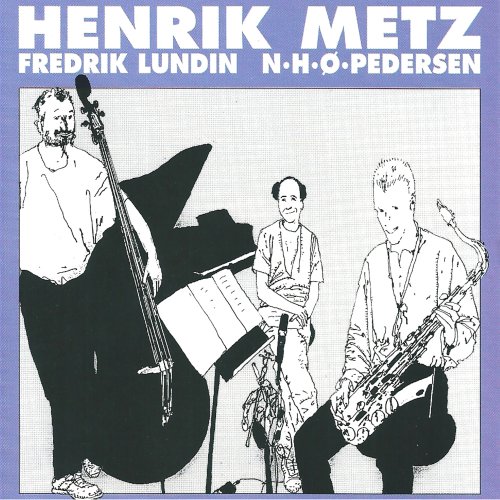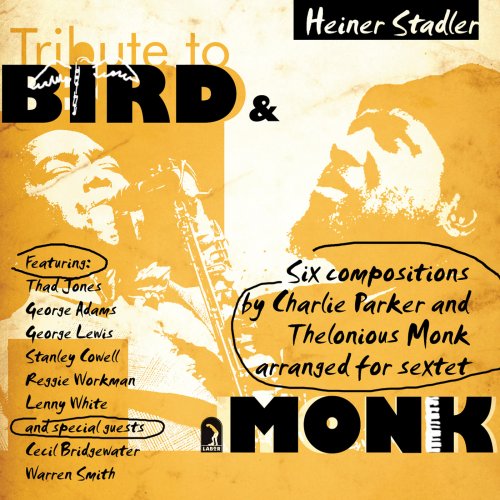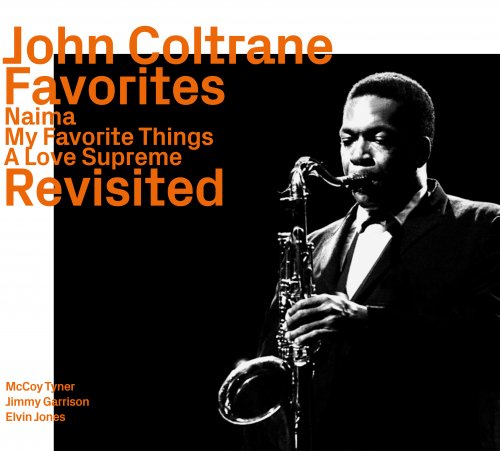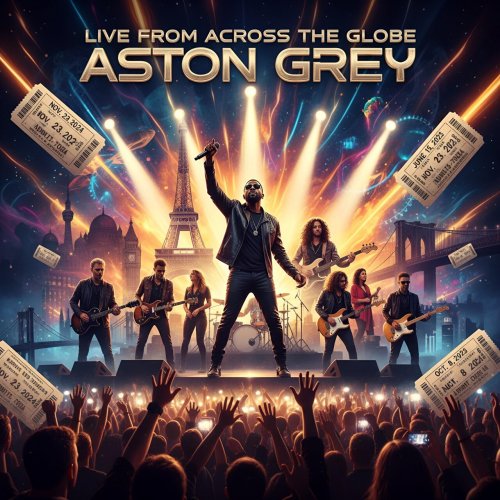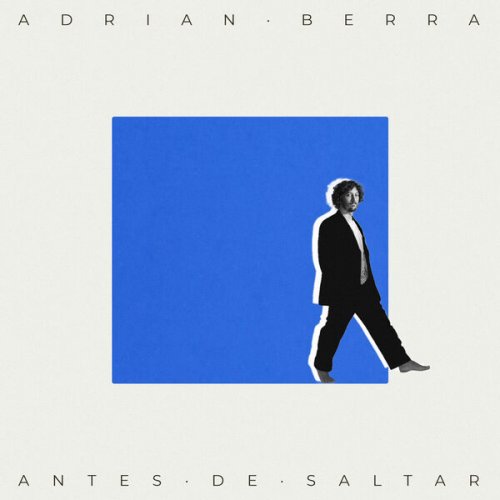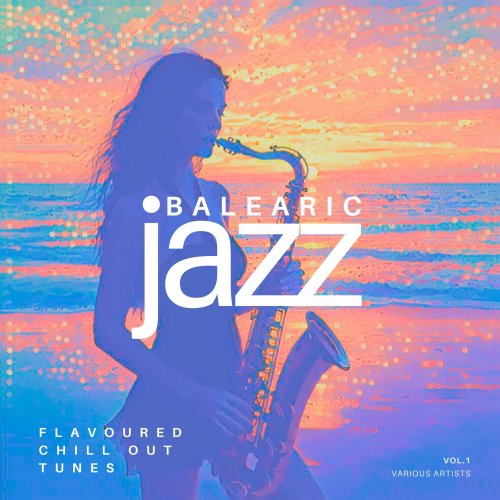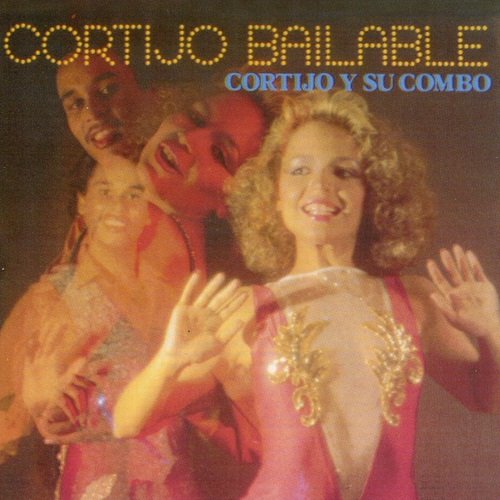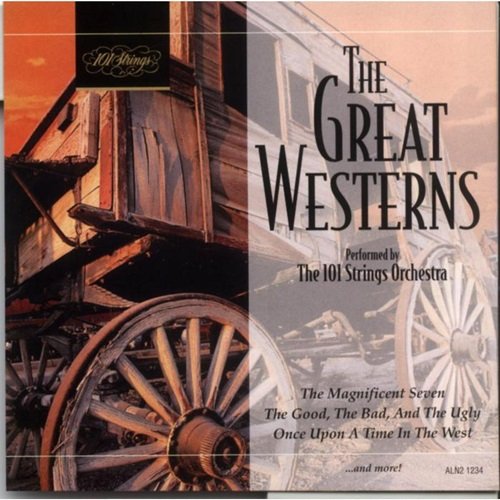Massimiliano Rolff - Adventures on Magia (2023)
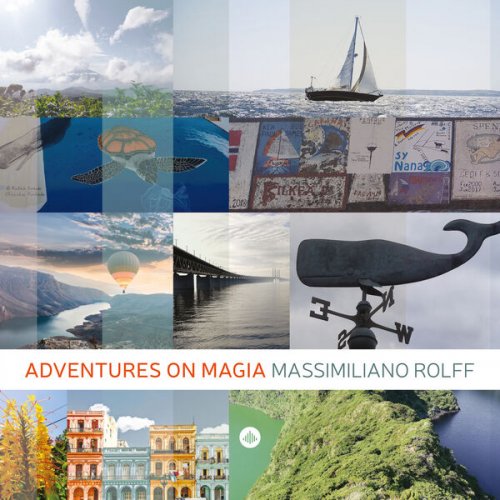
Artist: Massimiliano Rolff
Title: Adventures on Magia
Year Of Release: 2023
Label: Challenge Records
Genre: Jazz
Quality: 320 kbps | FLAC (tracks)
Total Time: 01:04:12
Total Size: 151 mb | 415 mb
WebSite: Album Preview
Tracklist:Title: Adventures on Magia
Year Of Release: 2023
Label: Challenge Records
Genre: Jazz
Quality: 320 kbps | FLAC (tracks)
Total Time: 01:04:12
Total Size: 151 mb | 415 mb
WebSite: Album Preview
01. Massimiliano Rolff - Where Do We Belong?
02. Massimiliano Rolff - Capo Noli
03. Massimiliano Rolff - La Luz De Abril
04. Massimiliano Rolff - Dance Now
05. Massimiliano Rolff - La Tua Canzone
06. Massimiliano Rolff - Radici
07. Massimiliano Rolff - Away
08. Massimiliano Rolff - Mediterraneo Chant
09. Massimiliano Rolff - Folks
10. Massimiliano Rolff - Magia
11. Massimiliano Rolff - Semplice (The New Year Song)
The critical truth of life, for some musicians, is the granitic coherence with style; a musical habitat shared with musicians with identical passions, which guarantees perfect mastery of one’s expressive means, fluency and an ability to build, mimetically, new themes that follow in the footsteps of those who have marked the path of that aesthetic. On the other hand, other musicians feel an urgent need, as the years of life and career unfold, to expand their comfort zone so as to face still significant risks for themselves and new adventures for those who want to listen.
Massimiliano Rolff belongs to this second category of musicians. Many sound practices (well rooted in Afro-American aesthetics, but with a wider ambit than that) inhabit the composer bassist’s head, heart and fingers; a shimmering pool of possibilities that occasionally spark inventive ideas in his path. You can appreciate Rolff as the solid, pragmatic, hard-bop bassist with impeccable intonation and an excellent feel for swing. On the other hand, you might happen to see him playing an electric bass chasing the thickening of Pastorius-style sixteenth notes with a jazz-funk group. Finally, you might savour his uncommon talent for investigating the most reclusive harmonic folds in Gershwin’s magnificent sound epiphanies. One way or another, you will know that here, in this recording, the musical air you’re breathing is quite different.
Here, the practice of Latin jazz returns (strengthened and refined), a practice that has been maturing in the musician’s spirit for a long time and that has already left traces in recent recordings. For some musicians, however, the return here is a happy one. Jazz is not a solitary flower: it is a bunch of uncut flowers with small but solid roots, in nourishing soil, that have consistently produced an iridescent sparkle. The colours of jazz accentuate darting melodic profiles derived from the Gaelic heritage, notes that tend towards the one immediately above or bend to caress the one immediately below, resulting from an African, or perhaps Afro-Mediterranean, flexible attitude, and more. The many Latin cultures which - through State colonial robbery or individual survival, found themselves in Latin America, the Caribbean and North America – ended up in confrontation with all other cultures.
In New Orleans in the early 1900s, people spoke Spanish, French, Italian, German, English and several African languages: every facet of musical culture has left flowers that have in the end burgeoned into fruit. With the European cultural tradition, which we find here in the rounded elegance of the string quartet, often superimposed on harmonic backgrounds or in contrapuntal dialogue with the horns, the rhythmic propulsion of the Caribbean-African-Latin “tresillo” that crosses two beats and three in striking combinations, the melodic sweetness of Italian opera, the free play on syncopated rhythmic scenarios, which in New Orleans made every piece of music sound dance-like, the “ragged time.”
All this can be found in Magia, in a successful fusion, never cold (with a seasoned but subtle West-Coast finesse of arrangement), which communicates a quiet but adventurous joie de vivre. It is the rare gift that Magia, Rolff’s old sailboat, continues to bestow upon its helmsman. Here it is, the secret revealed.
Massimiliano Rolff belongs to this second category of musicians. Many sound practices (well rooted in Afro-American aesthetics, but with a wider ambit than that) inhabit the composer bassist’s head, heart and fingers; a shimmering pool of possibilities that occasionally spark inventive ideas in his path. You can appreciate Rolff as the solid, pragmatic, hard-bop bassist with impeccable intonation and an excellent feel for swing. On the other hand, you might happen to see him playing an electric bass chasing the thickening of Pastorius-style sixteenth notes with a jazz-funk group. Finally, you might savour his uncommon talent for investigating the most reclusive harmonic folds in Gershwin’s magnificent sound epiphanies. One way or another, you will know that here, in this recording, the musical air you’re breathing is quite different.
Here, the practice of Latin jazz returns (strengthened and refined), a practice that has been maturing in the musician’s spirit for a long time and that has already left traces in recent recordings. For some musicians, however, the return here is a happy one. Jazz is not a solitary flower: it is a bunch of uncut flowers with small but solid roots, in nourishing soil, that have consistently produced an iridescent sparkle. The colours of jazz accentuate darting melodic profiles derived from the Gaelic heritage, notes that tend towards the one immediately above or bend to caress the one immediately below, resulting from an African, or perhaps Afro-Mediterranean, flexible attitude, and more. The many Latin cultures which - through State colonial robbery or individual survival, found themselves in Latin America, the Caribbean and North America – ended up in confrontation with all other cultures.
In New Orleans in the early 1900s, people spoke Spanish, French, Italian, German, English and several African languages: every facet of musical culture has left flowers that have in the end burgeoned into fruit. With the European cultural tradition, which we find here in the rounded elegance of the string quartet, often superimposed on harmonic backgrounds or in contrapuntal dialogue with the horns, the rhythmic propulsion of the Caribbean-African-Latin “tresillo” that crosses two beats and three in striking combinations, the melodic sweetness of Italian opera, the free play on syncopated rhythmic scenarios, which in New Orleans made every piece of music sound dance-like, the “ragged time.”
All this can be found in Magia, in a successful fusion, never cold (with a seasoned but subtle West-Coast finesse of arrangement), which communicates a quiet but adventurous joie de vivre. It is the rare gift that Magia, Rolff’s old sailboat, continues to bestow upon its helmsman. Here it is, the secret revealed.
